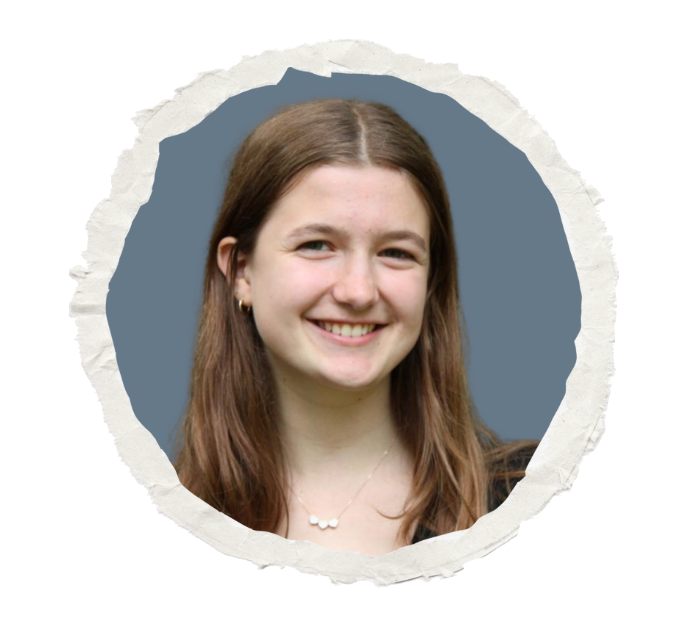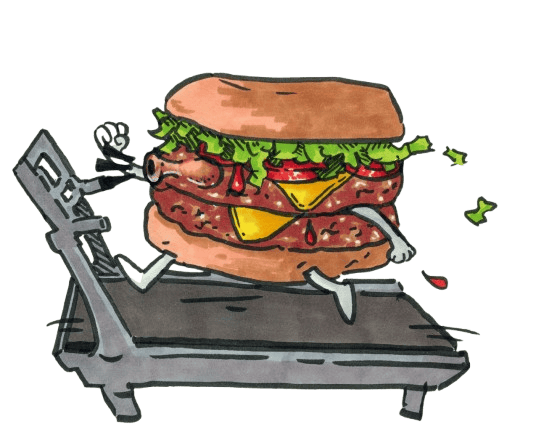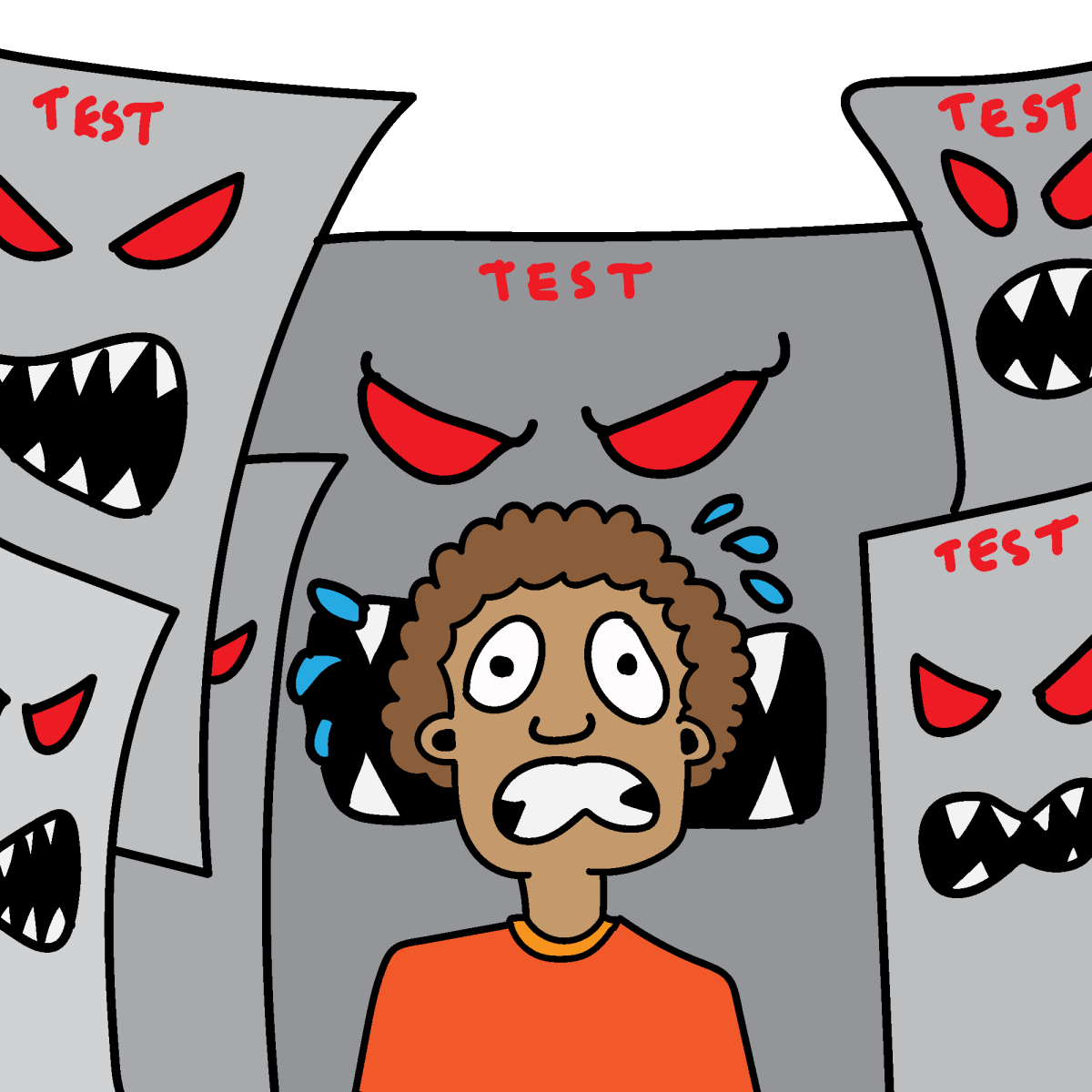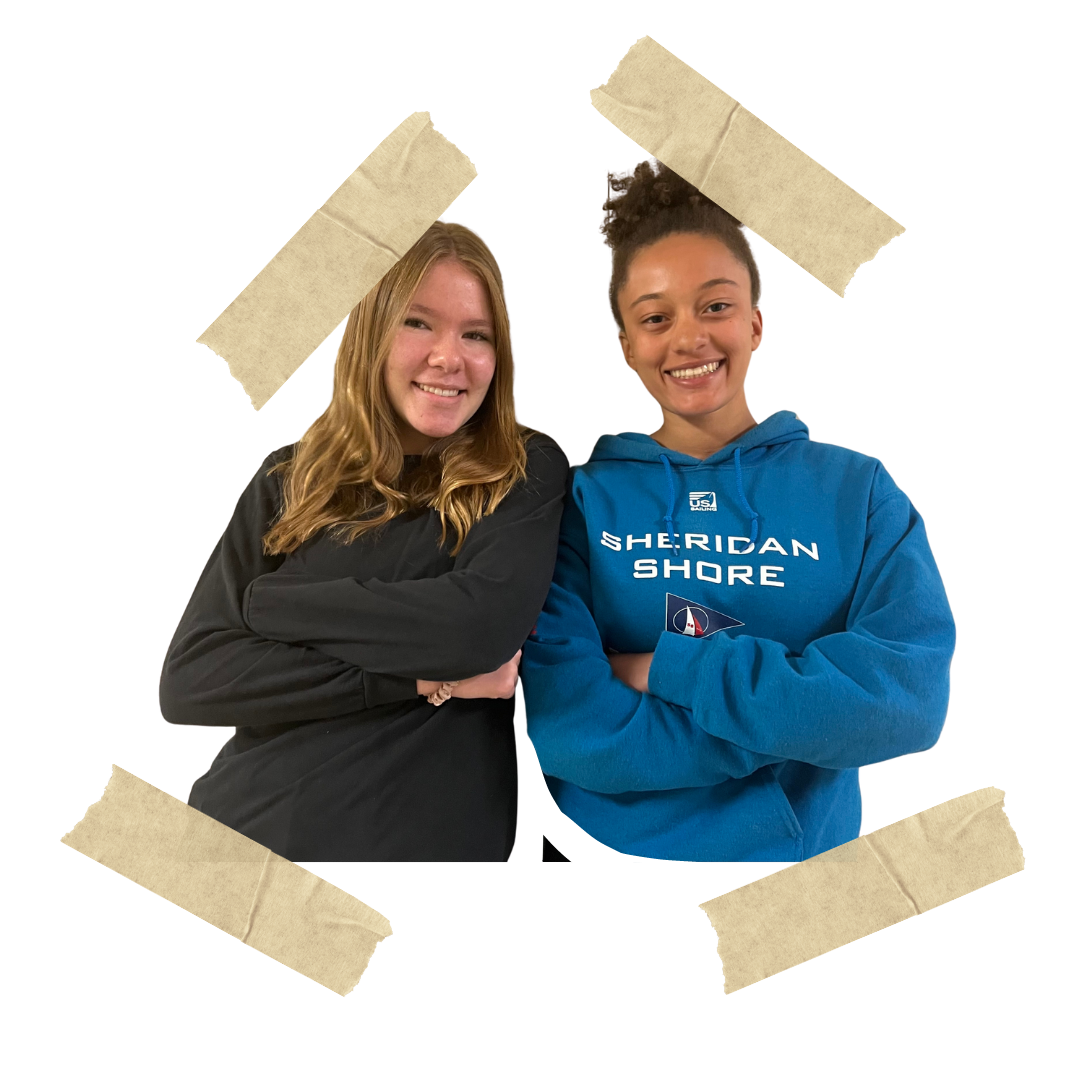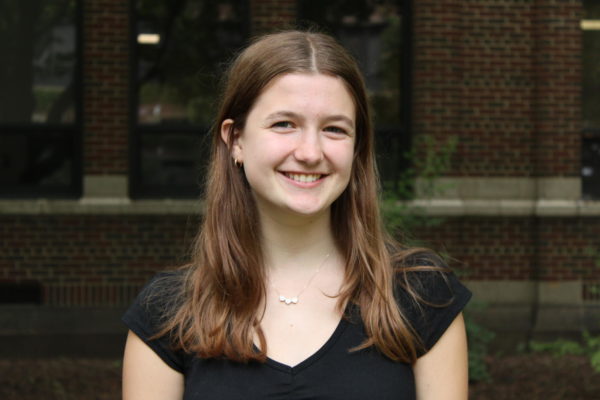Great authors say that the best way to improve your writing is to read. As an elementary and middle schooler, I had no trouble following this advice; I read everywhere, all the time. My class reading logs, boasting 2-hour days and five completed novels a week, would attest to my passion. Then the pandemic hit, and I practically stopped reading altogether in favor of Netflix.
Recently, I’ve reignited my love for novels, as well as my desire to create my own. I want to see my work on the shelf in Barnes & Noble one day, tucked between Thomas Pynchon and J. K. Rowling. I know that if I ever get there, my stories will be built from every story I’ve ever consumed.
Good books change what you know; great ones change how you think. I may be the sports feature editor, but I’d like to have a stab at Arts & Entertainment for my last issue of the Evanstonian. Here are my favorite books that I read each year of high school and how they impacted the writer—and person—I am today.
Freshman: Six of Crows, Leigh Bardugo
I’ve said it before and I’ll say it again: I hate Young Adult fiction. I don’t mean the Hunger Games, but I do mean every other watered-down copy of the Hunger Games that relies on bland main characters and enticing romances intended for the sake of preteen girls’ escapism that finds its way into the obsessions of smut-hungry millennials. I mean the books that readers on social media describe by trope (“one-bed,” “enemies-to lovers”) instead of by theme, plot, or characters.
Six of Crows, against all odds, subverted my vendetta against YA. I’d taken a chance on this book in 2021 after receiving good reviews from friends, and I was pleasantly surprised. Absent was the motivationless protagonist, the painfully obvious romantic set-up, and the lazy worldbuilding I’d grown to hate in novels written for readers my age. Six of Crows follows nuanced characters with complex backstories through a plot with genuine, intricate twists used—not for shock value—but to better the storytelling.
Fantasy and romance books are popular because they are escapist and fun. I used to be of the mentality that this meant these genres were somehow “below” the intellectual reader. Why dedicate my time to a novel that wouldn’t make a teacher’s eyebrows raise in surprise at my advanced level? It took (an embarrassing amount of) time for me to reject this idea, and I credit books like Six of Crows for helping me find reading fun again. I stopped putting pressure on myself to read because it made me look smart and rediscovered what made me love books in the first place.
What it taught me: Don’t judge a book by its cover (or genre).
Sophomore: Cloud Atlas, David Mitchell
Part letters, part diary, part mystery, part modern comedy, part utopian sci-fi, and part dystopian sci-fi: Cloud Atlas, quite literally, does it all. Structured like a nesting doll, with halves of different stories told first in chronological order, then in opposite order, it is an intricate and rewarding read.
I am fascinated by the intertwining nature of experience. I find it incredible that there are so many people on earth, right now, as I’m writing this and you’re reading it, that are living, seeing, and forming memories from slightly different angles. No two individuals will ever understand the universe in the same way. Cloud Atlas demonstrates the craziness of reality and the span of history through what is essentially six different novels in one.
As a writer for the Evanstonian, I’ve had the opportunity to speak with so many people of varying age and identity. I’ve learned about communities I am not a part of, events I didn’t plan, and people I’ve known for no more than five minutes, and an attempt to represent these things in my writing would be irresponsible if I didn’t do my best to understand every possible perspective on the issue. When I conduct interviews, I am doing firsthand research into the truth, through the lens of other people’s memories. Just like Cloud Atlas documents centuries, I document moments.
What it taught me: Combining perspectives can be more valuable than an individual’s on its own.
Junior: A Gentleman in Moscow, Amor Towles
During COVID lockdown, every person in America was just like Count Alexander Rostov of A Gentleman in Moscow: on house arrest. Though for us, it was due to a highly contagious pathogen, and for Count Rostov, it was his aristocratic status during the Russian revolution, many readers found comfort in his tale of entrapment while feeling cooped up themselves. I discovered this book a few years after it became popular, but the warmth of the narrative did not lose any meaning after the pandemic.
The character development in this novel is unmatched. We share in the Count’s transformation after economic downfall as his connection with people around him saves him from isolation and desolation. At the end of the day, it is only relationships that have the power to make life worth living when every material luxury has been eliminated. Lockdown, for me, was not only a period of confusion but one of discovery. I grew closer to my sisters. Like the Count, I used the people around me to put vibrancy back into a disrupted situation.
Maybe that relatability is what made Count Rostov such a loveable protagonist. I cared so deeply about what happened to him that I inadvertently waded through pages of content-dense historical fiction without feeling bogged down by the complex setting. Though we are, arguably, quite different people (he was a Count in 1917 Russia, I am an 18-year-old Evanstonian), I felt like I was alongside him the whole story.
What it taught me: A whole lot about 20th century Russian history. And, how to create a character that readers will care about.
Senior: The Left Hand of Darkness, Ursula K. Le Guin
Funnily enough, the part of The Left Hand of Darkness that left the greatest impression on me isn’t a character, a quote, or a part of the plot: it’s the author’s foreword at the beginning of the book.
Like (I’d assume) most people, I often skip the pages before and after the meat of a novel. Sometimes an introduction is full of extraneous context, or, even worse, it spoils the book. With The Left Hand of Darkness, I read the entirety of the pre-book material, and I’m happier for it. Le Guin’s forward about the nature of science fiction made my appreciation for the genre skyrocket.
Lots of science fiction gets criticized for “believability.” If technology is too outrageous or characters aren’t realistic, the story gets discounted. Yet, as Le Guin points out, the intention of sci-fi is not to predict the future, but to reflect the present in a way that makes the reader reconsider their perception of reality. Is that not the same, admirable goal of journalism? Of media meant to be as accurate to the facts as possible?
I became enchanted with the duality of using both fantastical novels and informative articles to approach the truth from different angles. The Left Hand of Darkness rewrote my perception of writing, before I’d read the first page.
What it taught me: A fictional story can carry as much information as a nonfiction one. Both are true, and both have power.


